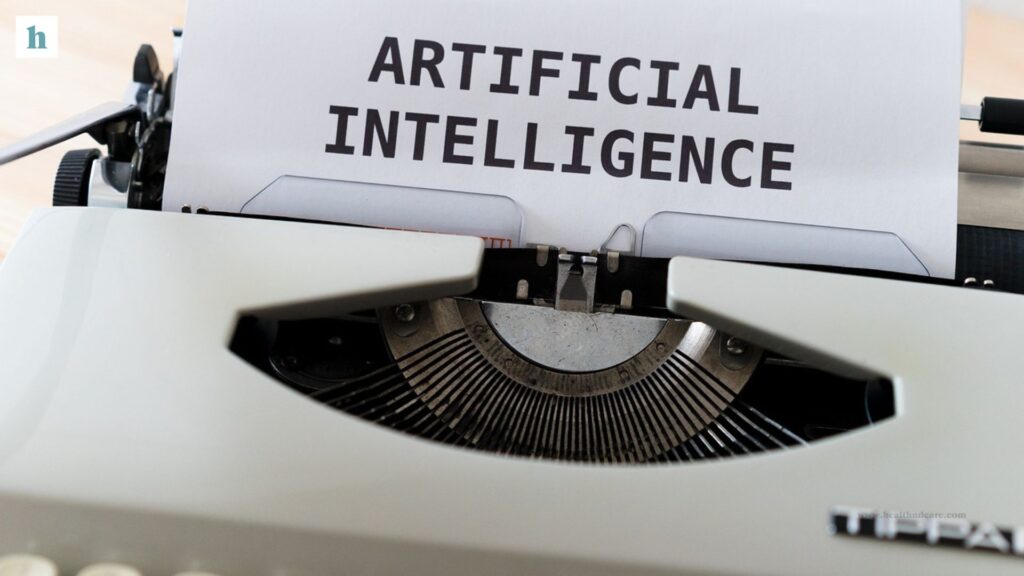Artificial Intelligence (AI) is completely changing different industries including healthcare. Among the areas in which AI has made considerable progress, clinical trials take the lead. Clinical trials are fundamental in the establishment of new medical devices, drugs and treatments.
However, artificial intelligence is expected to overcome these challenges in clinical trials as they tend to be complicated, time-consuming, and expensive. Thereby making medical research faster, cheaper and more effective.

Simplifying Patient Recruitment
Recruiting patients is one of the hardest parts of any clinical trial. Finding individuals who meet all necessary criteria for participation can take months or even years for some studies. However with AI this process could become much simpler by analyzing large amounts of data about patients.
So as to find those suitable for each study faster than any human being ever could. Algorithms based on artificial intelligence have capabilities like scanning through electronic health records (EHRs). Genetic information as well as social media profiles among others in order to match people with specific needs against available trials.
Which not only speeds up recruitment but also ensures diversity among participants too.
Keeping Patients Involved And Informed
Once enrolled into a clinical trial, many patients may lose interest along the way or fail to complete it. Altogether either due boredom or discouragement caused by lack of enough knowledge about their progress. Among other reasons known best by them alone.
Nevertheless this problem too can be solved using AI technologies within such researches. Personalized communication can be provided through virtual assistants powered by chatbots which could answer questions posed by patients themselves.

While reminding them when next appointments are due plus what medications need taking at particular times etc. Thereby making each individual feel cared for throughout thus minimizing chances that anyone would drop out from any given study. Before its completion irrespective their personal circumstances surrounding withdrawal decision-making process.
Even begins taking shape around their minds let alone becoming fully conscious there of.
Improving Trial Design And Execution
Designing a good clinical trial is not easy especially. If no previous data is available concerning similar studies carried out. Before hence making it difficult to predict what might work best under particular circumstances. Studying a unique set of patients or investigating different types of drugs.
This is where artificial intelligence comes in handy during such situations. Because traditional designs are static and have little room for adjustments along the way based on emerging information. However with AI technology researchers can design adaptive trials that change as they go depending on new findings made during interim analysis stages.
For instance, dosing levels may be altered when certain trends appear among specific. Patient groups while other things like enrollment numbers could also be adjusted upwards downwards etc. All thanks to algorithms working behind scenes without human intervention thus saving time taken bring new treatments into market unnecessarily.
Additionally: operational aspects involved in running clinical trials too could benefit from integration of AI tools into various processes involved. Traditional methods usually have many administrative requirements which consume significant amounts of time.
Thereby leaving limited hours available for carrying out scientific parts. Therefore by using automated platforms driven by artificial intelligence efficiency will greatly improve within such areas. Since most logistic tasks including scheduling data collection reporting among others would be handled more accurately faster than ever before.
Allowing investigators concentrate on their core duties towards successful completion. Research work concerned without undue delays caused administrative bottlenecks slowing everything down unnecessarily.
Speeding Up Data Analysis And Decision Making
The amount of data generated by each ai in clinical trials can be overwhelming. Thus making it difficult for humans to process within given periods especially. When there are frequent interruptions due interim analyses having shown promising. Early results needing further exploration or potential safety concerns requiring immediate attention.
In this regard, artificial intelligence has proved useful by providing advanced tools capable processing large datasets quickly.
While at same time interpreting them correctly so as reveal hidden patterns connections etc. Which would otherwise remain undetected if left entirely up human researchers alone. Who may not always possess necessary skills required deal with such complex forms information expeditiously.
After wasting much valuable time waiting for things to become clearer on their own accord, it is enough.
Enhancing Patient Safety and Adherence
In clinical trials, patient safety is of the utmost importance. With AI serving as a key tool for overseeing and confirming adherence to research protocols.
Throughout the duration of clinical trials, artificial intelligence has the capability to keep track of real-time patient data.
By detecting any adverse events or noncompliance with protocols. This enables investigators to promptly intervene so as to protect patients and preserve the trial’s credibility.



